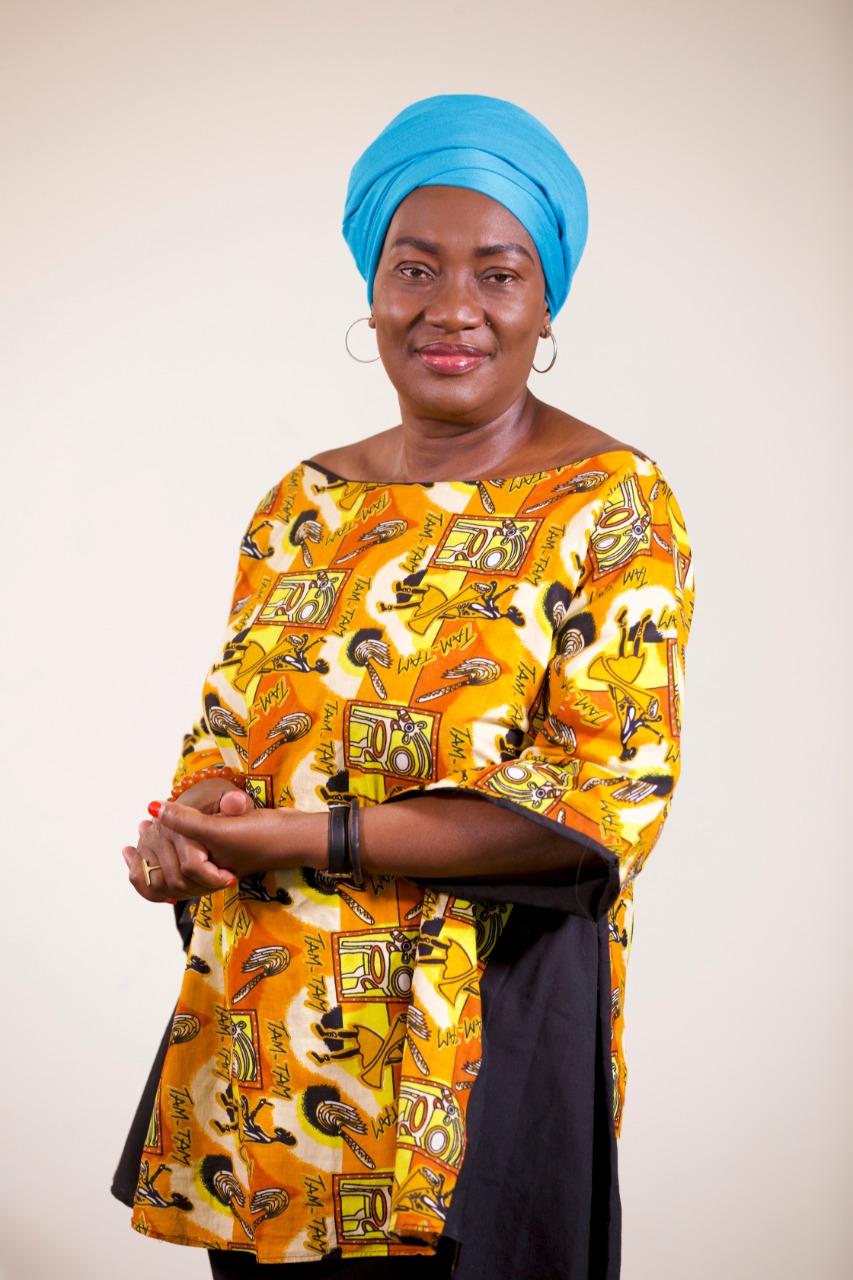Jaqueline Mutere’s motivation to establish Grace Agenda was a response to the post-election sexual violence of 2007 and 2008 in Kenya. Additionally, as a survivor of sexual violence which resulted into conception of a child, and following the experience of other survivors, Jaqueline identified the need to form an organisation that advocates for reparations for survivors of sexual violence.
“I was sexually violated, conceived and had a child. It is the path of dealing with the trauma, working, and walking through the pain, and surviving the experience that inspired the initiation of the community-based organisation”
Jaqueline Mutere, Founder and Director of Grace Agenda Tweet
In her work, one of the key challenges she faces is bridging the gap between the survivors’ expectations from the government and vice versa. For the government to give reparations, the survivor needs to have documentation to show that they qualify to take the government to court. Unfortunately, the burden of proof falls on the survivor. Survivors on the other hand believe that it is the government’s responsibility to provide reprieve, relief, and support.
“I noticed that others in the country like internally displaced people (IDPs) are acknowledged, recognised and compensated while survivors of sexual violence were only referenced in reports. Among the IDPs, many suffered the double tragedy of being a survivor of sexual violence. This is what inspired the walk towards seeking reparations from the government and assurance of non-repetition of the violence.”
Jaqueline Mutere, Founder and Director of Grace Agenda Tweet
Moreover, women and children face stigma associated with sexual violence. Another challenge she faces is that some civil society organisations view victims of sexual violence as a source for funding. Furthermore, there is limited knowledge on survivor-centred approaches, and donors are reluctant to fund projects related to sexual violence.
Jaqueline believes that national actors in Kenya should provide compensation and restitution, sensitively and speedily try sexual violence cases, and endeavour to embrace grassroots organisations that work with survivors. They should also adhere to international instruments Kenya has signed, and train officers to have a human-centred response while keeping peace during conflict.
Regional actors need to hold governments accountable for actions and omissions and engage protection actors on the ground to ensure human rights defenders are supported in their work. International actors should take culprits to international courts after investigations to ensure access to justice, Jaqueline says.
Despite all the challenges Jaqueline faces, the women, and children she supports, and the reality of the long-term effects of mental and physical trauma motivate her to continue promoting and protecting human rights.

